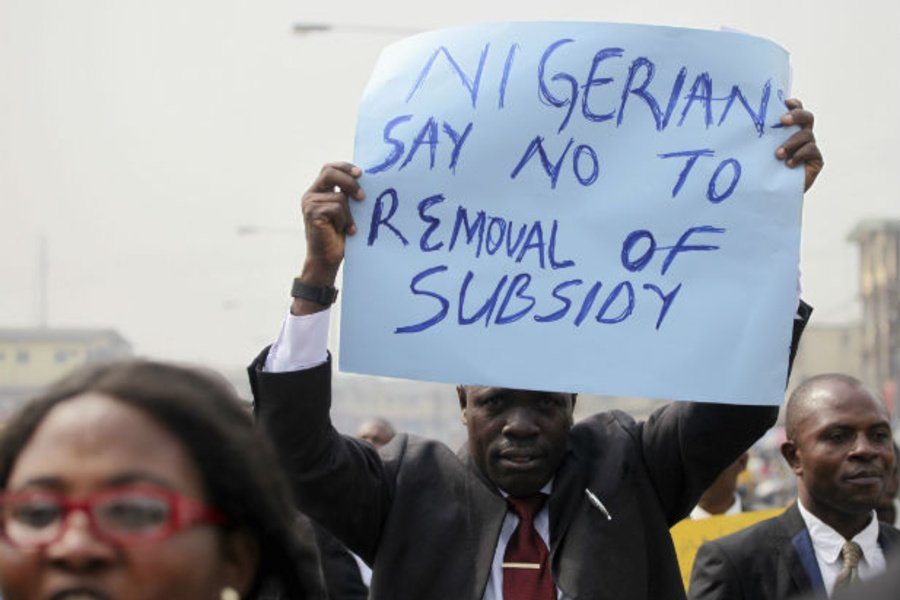Nasir El-Rufai: The accidental public servant of many hues
By Lawan Bukar Maigana The sagacious former Governor of Kaduna State, Malam Nasir El-Rufai, is once again in the news with his usual controversial stance on government policies and decisions. …









